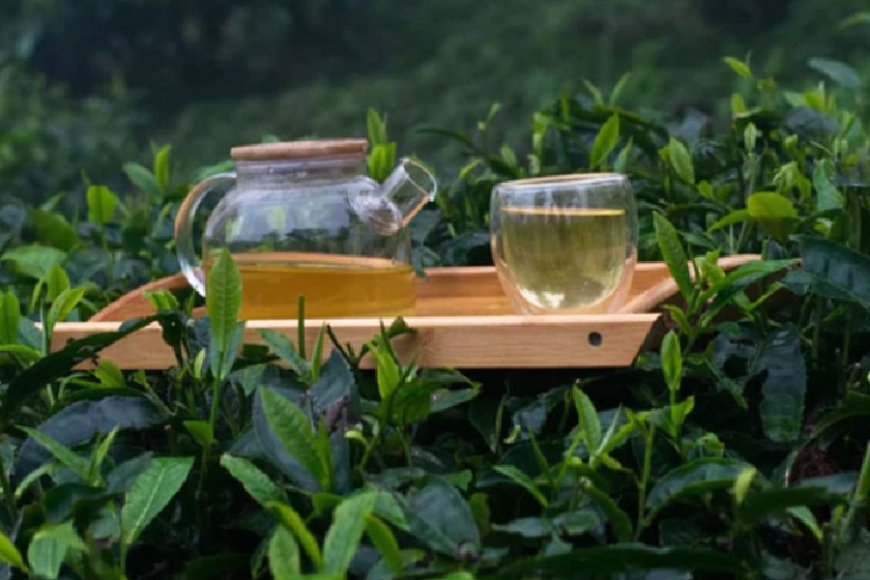Title: Darjeeling Tea Seeks Protection as Food Labs Rise on India-Nepal Border
Amid fears of Nepali tea imports and mislabeling, Darjeeling industry urges inclusion in border testing

Since talks on setting up food labs at important commercial hubs between India and Nepal have begun, the Darjeeling tea sector wants the Center to include Nepal tea to the list of goods to be evaluated.
According to sources, during the recent India-Nepal Inter Governmental Sub-Committee (IGSC) meeting in Kathmandu, talks were held about establishing well-equipped food laboratories in major trading points between the two countries, such as near Panitanki in Bengal, Jogbani (Bihar), Nautanwa, and near Nepalgunj Road (Uttar Pradesh), as well as Banbasa in Uttarakhand.
From Sikkim to Uttarakhand, the 1,751 km border between India and Nepal is shared.
Tea is not considered food, but rather a "beverage." However, Sandeep Mukherjee, the chief advisor of the Darjeeling Tea Association, told The Telegraph, "We appeal to the Centre to include tea as an item to be tested at food laboratories."
Nepal was the one who first raised the topic of establishing food laboratories along the border trade routes. Amid worries about the purported overuse of chemical fertilizers and food coloring, Nepalese officials banned trucks carrying fruits and vegetables that were being imported from India in June 2023.
The maximum residual level in Nepali tea is viewed with scepticism by the Darjeeling Tea business. According to Mukherjee, "Our product (Darjeeling Tea) is tested by various agencies but tea from Nepal enters our country without any checks."
Many growers think that the Darjeeling sector is suffering because of Nepal tea. Darjeeling tea growers think that a lot of dishonest vendors in the nation misrepresent Nepali tea as Darjeeling tea. Because to its comparable geography and other geographic characteristics, Nepalese tea is compared favorably to Darjeeling tea, yet it is less expensive due to factors like cheap production costs.
17 million kg of tea from Nepal reached India in 2023. Only six million kg of tea are produced annually by the Darjeeling industry, according to Mukherjee.
Due to a multitude of issues including poor yield, excessive worker absenteeism, and high production costs, the Darjeeling Tea business is now going through one of its worst periods. The planters want India's exports shielded by the government.
The growers had previously proposed a variety of measures to regulate the amount of tea from Nepal that entered India.
A planter had requested that teas from Nepal be permitted to be imported in packages with labels that made it obvious where the tea came from.
This will make it impossible to adulterate tea from Nepal or market it as Darjeeling tea while tagging it as such. As a result, Nepal tea could only be marketed as having originated in Nepal in India. A farmer had previously said that there would be no opportunity for adulteration or relabeling if Nepal tea was not available in large quantities.
A lot of people also want India to charge 40% on all teas imported from Nepal, in keeping with the 40% charge that Nepal charges on teas imported from India.
According to Mukherjee, "no duties are imposed on the import of Nepal tea at this time."
The Darjeeling Tea industry's attempts to reduce imports have not been very successful, mainly because the India-Nepal trade relationship is often seen through the lens of geopolitics and China's ongoing efforts to increase influence over India's neighbor across the Himalayas.





















































